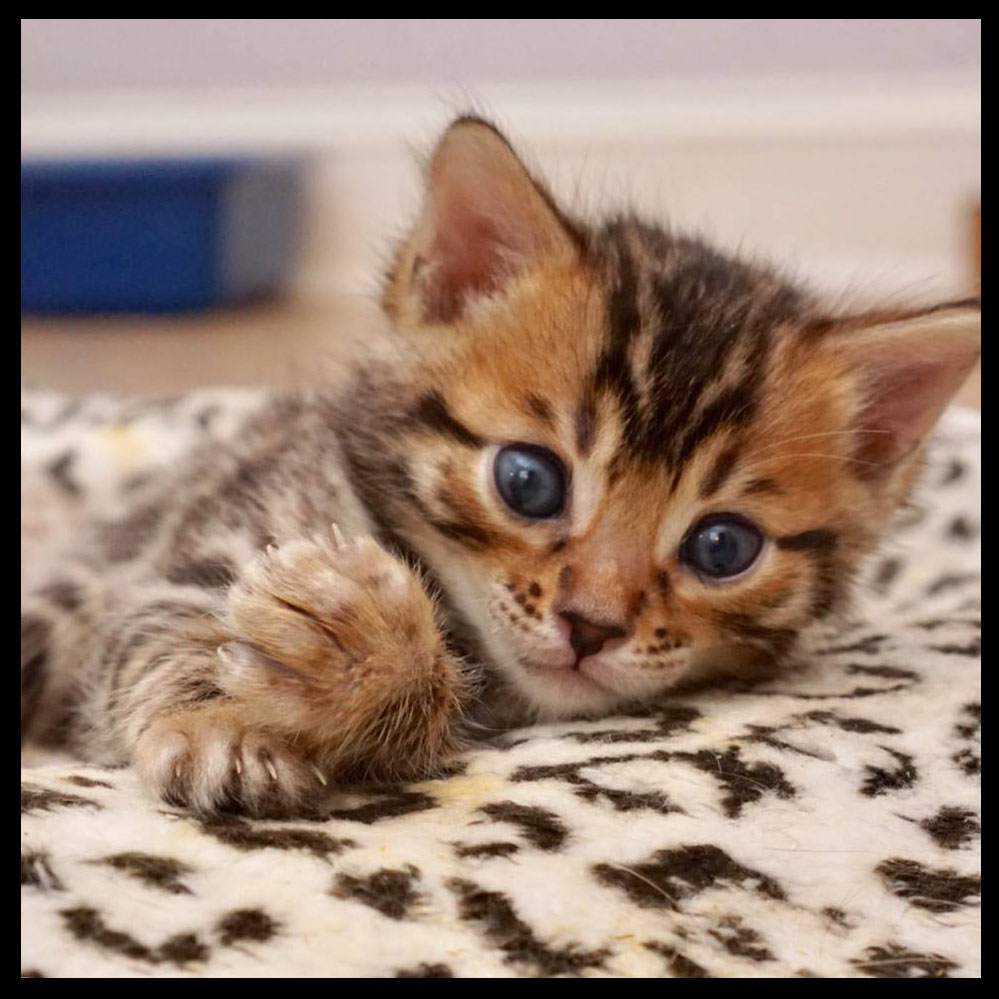
Despite their aloofness, a new study appears to show that cats are just as capable of relationships with people as dogs or infants. Previous studies had reached conflicting findings about whether cats form attachments to their owners. The new study was designed to test the hypothesis. The results of the research has been published in Current Biology.
The researchers found that roughly 66 percent of the cats they tested were securely attached to their owners, while 35 percent displayed what the researchers called an “insecure attachment”. They used the same test that is commonly used to measure bonds that dogs and primates form with their caretakers. Lead author of the new study, animal behavior scientist Kristyn Vitale, said, “This idea that cats don’t really care about people or respond to them isn’t holding up.”
The test worked like this: 79 kittens and 38 adult cats were recruited to participate in a trial known as a “secure base test”. The cat and kitten owners entered an unfamiliar room with their animals and stayed for two minutes. The owners then left for two minutes before returning to their animals. If the cats and kittens came to greet their owners when they returned, then went back to exploring the room, it demonstrated a secure attachment.
The findings are about the same as those found in similar studies of children and dogs. About 65 percent of human infants display secure attachment to the people that care for them. Roughly 58 percent of dogs display a secure attachment to their owners. Researchers still do not know all of the factors that shape those relationships, but speculate that it involves a complex mix of genetics, personality and experience.
Dr. Vitale and her colleagues plan to continue to research cats’ relationships with people. In 2017, Dr. Vitale and her colleagues discovered that the majority of cats prefer interacting with a person over eating or playing with a toy. Another study they concluded in 2019 found that cats adjust their behavior according to how much attention a person gives them. They now plan to test whether specific interventions can help shelter cats form early bonds that will help them get adopted more quickly.
